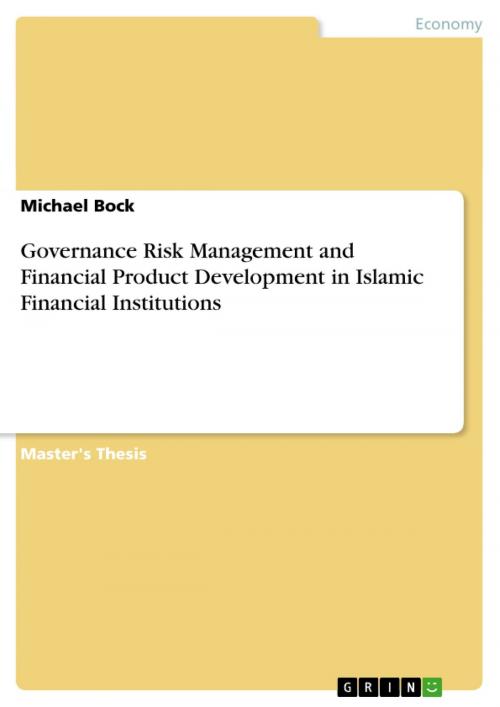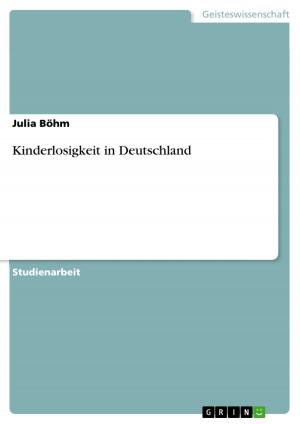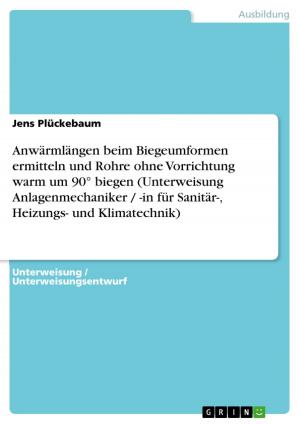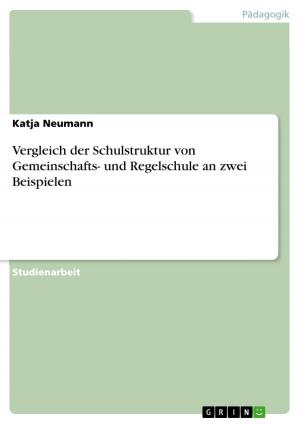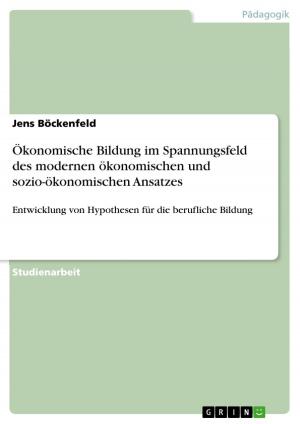Governance Risk Management and Financial Product Development in Islamic Financial Institutions
Business & Finance, Finance & Investing, Finance| Author: | Michael Bock | ISBN: | 9783640711840 |
| Publisher: | GRIN Verlag | Publication: | September 28, 2010 |
| Imprint: | GRIN Verlag | Language: | English |
| Author: | Michael Bock |
| ISBN: | 9783640711840 |
| Publisher: | GRIN Verlag |
| Publication: | September 28, 2010 |
| Imprint: | GRIN Verlag |
| Language: | English |
Master's Thesis from the year 2010 in the subject Business economics - Investment and Finance, grade: 1,7, Maastricht University (School of Business and Economics), course: -, language: English, abstract: 1.1 General Introduction to the Topic Islamic finance is on the march. The underlying logic is simple: All investments and services are consistent with the principles of Islamic law, called Shari'ah, which literally means 'a clear path to be followed and observed' (Hourani, 2004a). This clear path is followed only if profit does not stem from interest (riba), speculation (gharrar) or sectors that are considered sinful according to the Qur'an (haraam), namely everything that involves alcohol, tobacco, entertainment, gambling or pork, just to name a few. The high potential of Islamic finance is clear for three reasons. The first reason relates to the emergence of a new consumer type, as there is increased demand for a Shari'ah-compliant way of investing that stems from increased globalization. The middle class from emerging markets rose from one third to 56 percent between the 1990s and 2006 (The Economist, 2009). Many Muslim countries can be found in the list of emerging markets, such as Egypt, Pakistan and Indonesia. With the Muslim population of the world exceeding 1.5 billion people (about 21 percent of the world population) and due to the fact that it is the fastest growing religion, it becomes clear why the general conditions for Islamic finance are so favourable (Central Intelligence Agency, 2009). The second reason relates to the global trend for sustainable investment; the fact that Islamic finance is an ethical way of investing which does not invest in harmful businesses and instead donates purified gains to charity is becoming more and more attractive among non-Muslim investors as well (Global Finance, 2007). The Shari'ah aspect makes Islamic financial products an alternative to socially responsible investments (Khan, 2009). The last reason is a matter of trust; in the face of the financial crisis that began shattering the world in 2007, many investors lost confidence in the traditional banks and their practices (Reuters, 2008; CNN, 2009). Today even the Holy See states that 'the ethic principles on which Islamic finance is based may bring banks closer to their clients and to the spirit which should mark every financial service' (Bloomberg, 2009). According to recent estimates, IFIs could increase their assets under management from roundabout $700 billion to over $1.6 trillion in 2012 (Reuters, 2009). WICHTIG: Sämtliche Recherchetätigkeiten wurden bei in den Vereinigten Arabischen Emiraten ansässigen islamischen Banken vor Ort durchgeführt.
Master's Thesis from the year 2010 in the subject Business economics - Investment and Finance, grade: 1,7, Maastricht University (School of Business and Economics), course: -, language: English, abstract: 1.1 General Introduction to the Topic Islamic finance is on the march. The underlying logic is simple: All investments and services are consistent with the principles of Islamic law, called Shari'ah, which literally means 'a clear path to be followed and observed' (Hourani, 2004a). This clear path is followed only if profit does not stem from interest (riba), speculation (gharrar) or sectors that are considered sinful according to the Qur'an (haraam), namely everything that involves alcohol, tobacco, entertainment, gambling or pork, just to name a few. The high potential of Islamic finance is clear for three reasons. The first reason relates to the emergence of a new consumer type, as there is increased demand for a Shari'ah-compliant way of investing that stems from increased globalization. The middle class from emerging markets rose from one third to 56 percent between the 1990s and 2006 (The Economist, 2009). Many Muslim countries can be found in the list of emerging markets, such as Egypt, Pakistan and Indonesia. With the Muslim population of the world exceeding 1.5 billion people (about 21 percent of the world population) and due to the fact that it is the fastest growing religion, it becomes clear why the general conditions for Islamic finance are so favourable (Central Intelligence Agency, 2009). The second reason relates to the global trend for sustainable investment; the fact that Islamic finance is an ethical way of investing which does not invest in harmful businesses and instead donates purified gains to charity is becoming more and more attractive among non-Muslim investors as well (Global Finance, 2007). The Shari'ah aspect makes Islamic financial products an alternative to socially responsible investments (Khan, 2009). The last reason is a matter of trust; in the face of the financial crisis that began shattering the world in 2007, many investors lost confidence in the traditional banks and their practices (Reuters, 2008; CNN, 2009). Today even the Holy See states that 'the ethic principles on which Islamic finance is based may bring banks closer to their clients and to the spirit which should mark every financial service' (Bloomberg, 2009). According to recent estimates, IFIs could increase their assets under management from roundabout $700 billion to over $1.6 trillion in 2012 (Reuters, 2009). WICHTIG: Sämtliche Recherchetätigkeiten wurden bei in den Vereinigten Arabischen Emiraten ansässigen islamischen Banken vor Ort durchgeführt.
